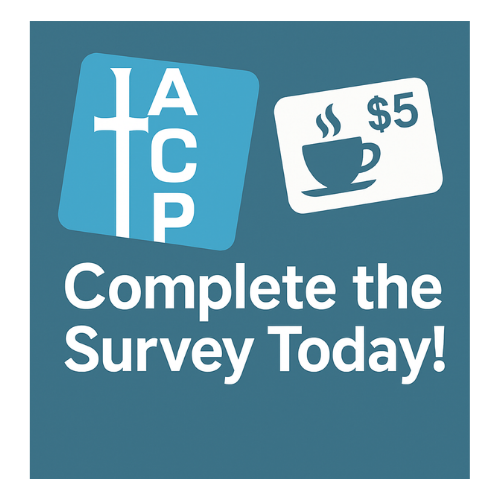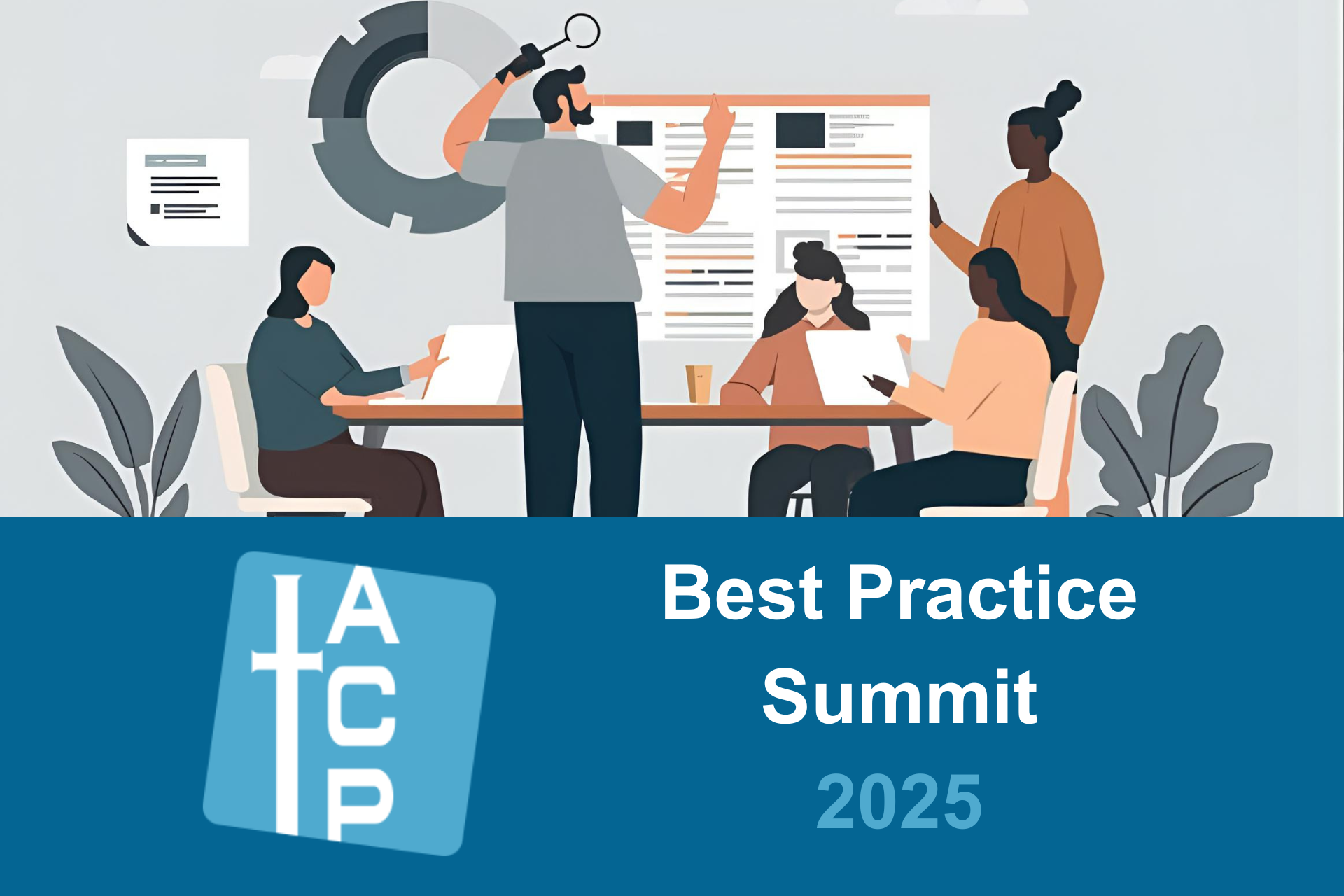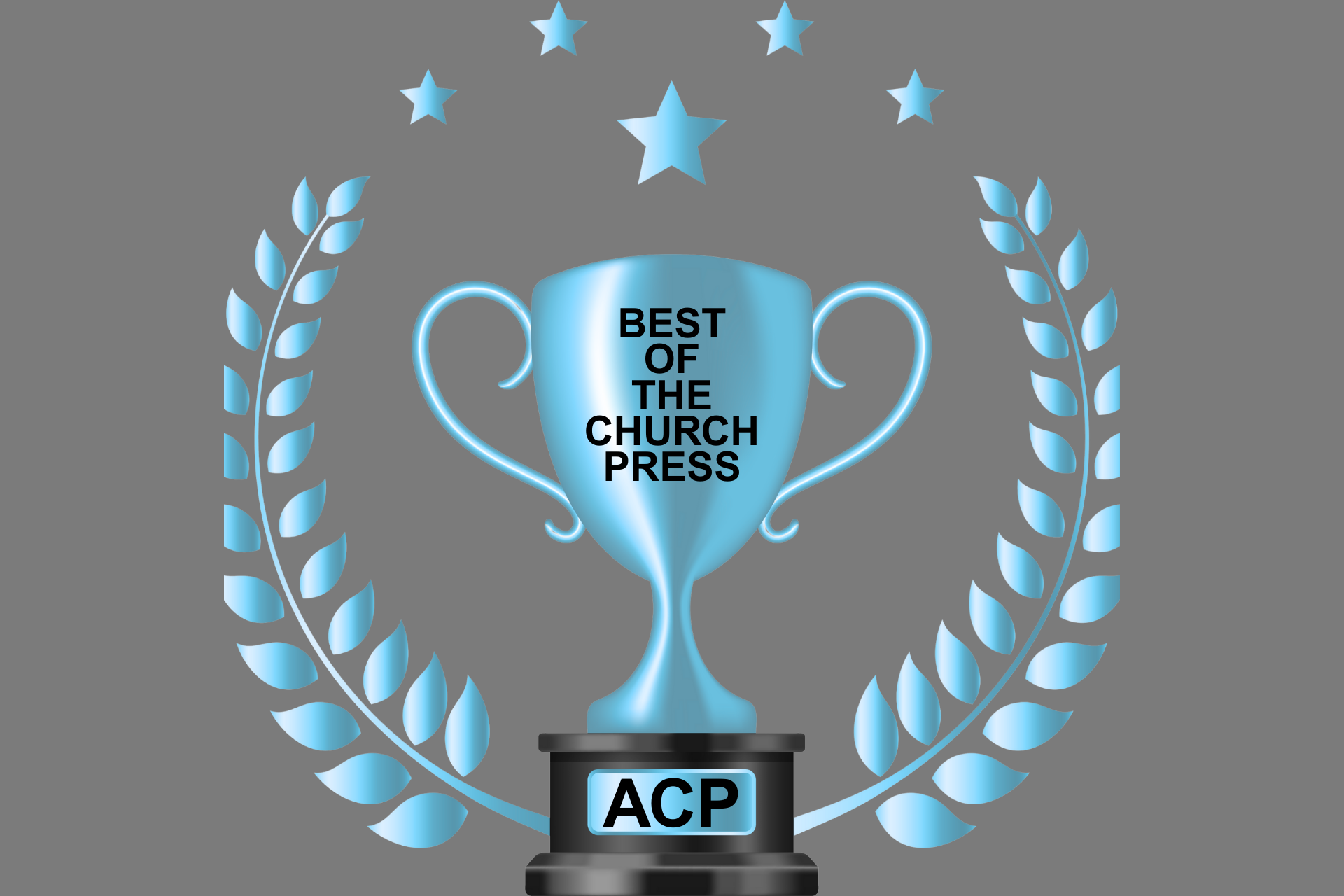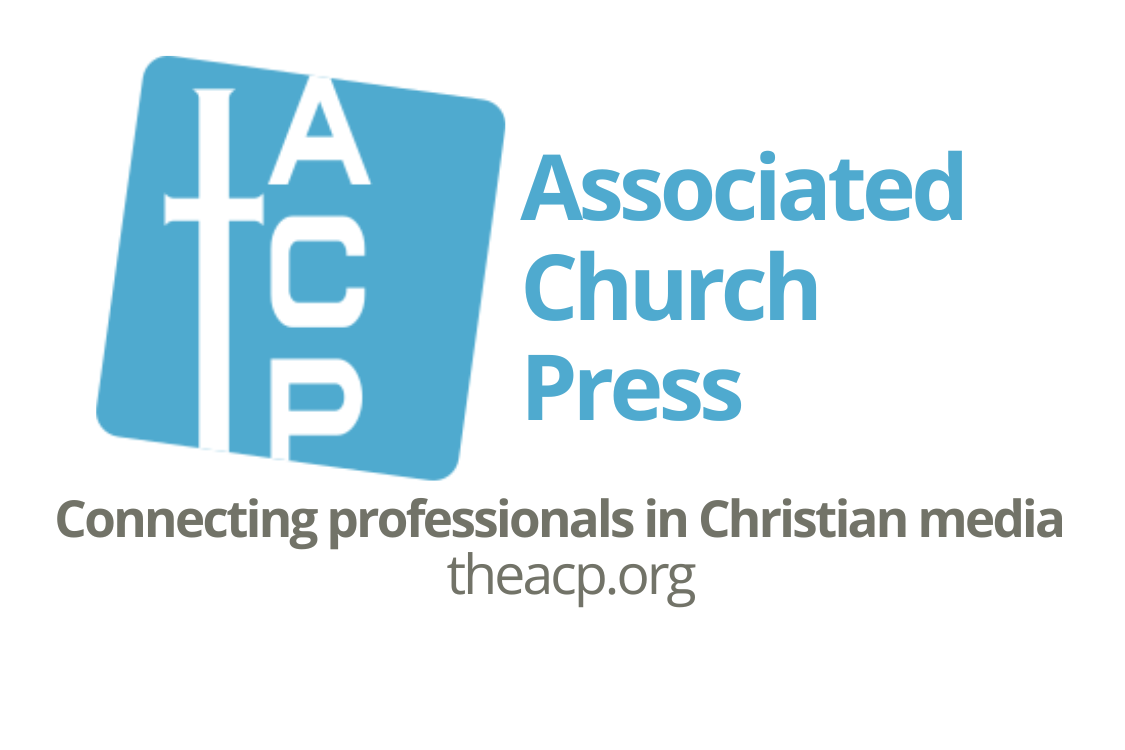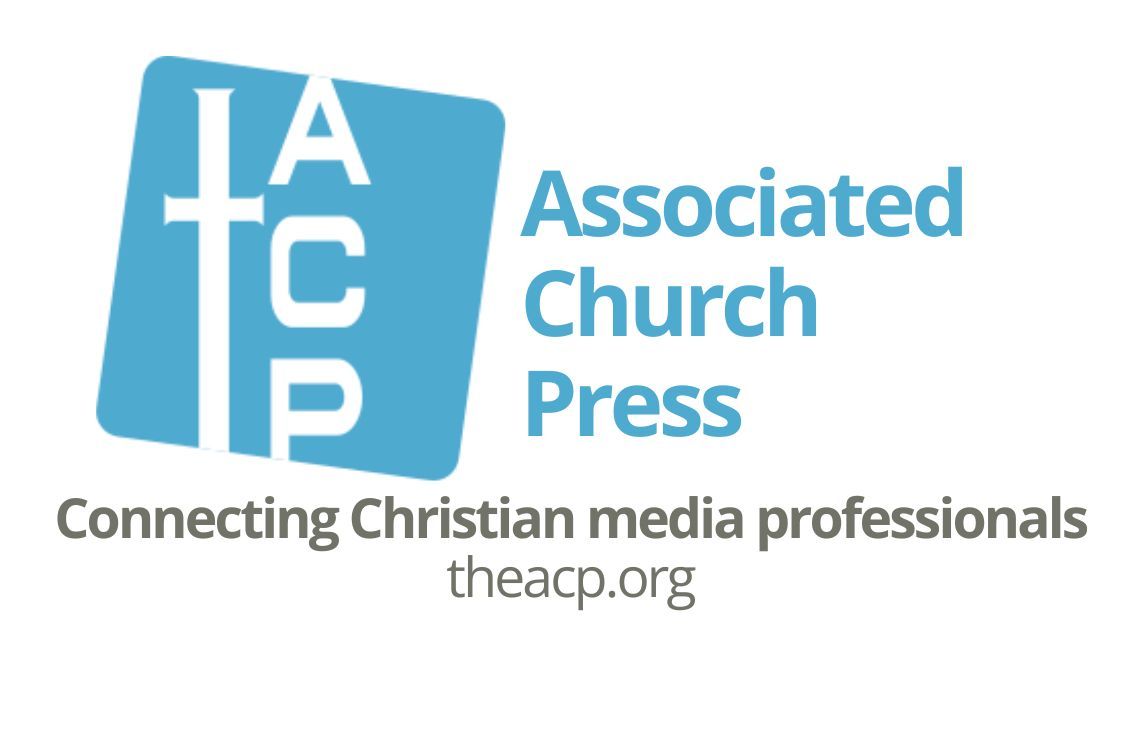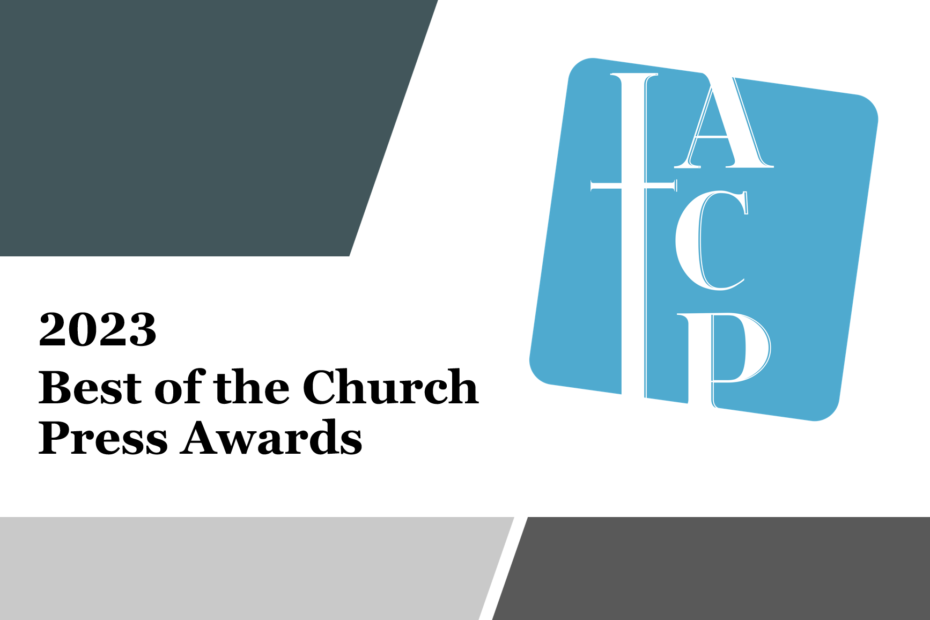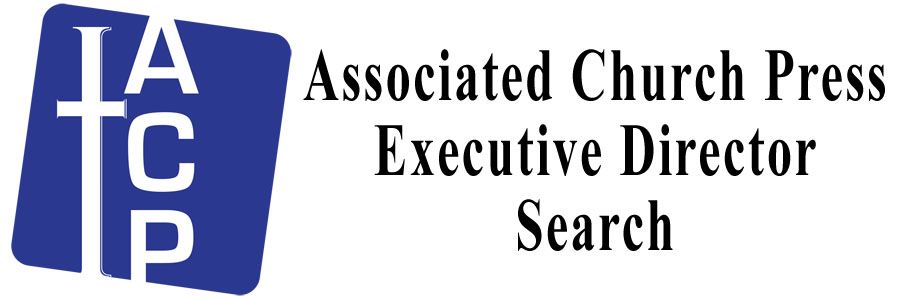Are AI bots pitching you stories?
Worried that your publication may be solicited by AI bots, or presented with AI created content posing as original reporting? You are not alone. Patrice Tuohy, Publisher of VISION Vocation Guide, wrote to ACP recently to share her experience, and to remind us of best practices when working with unknown freelancers or independent journalists.
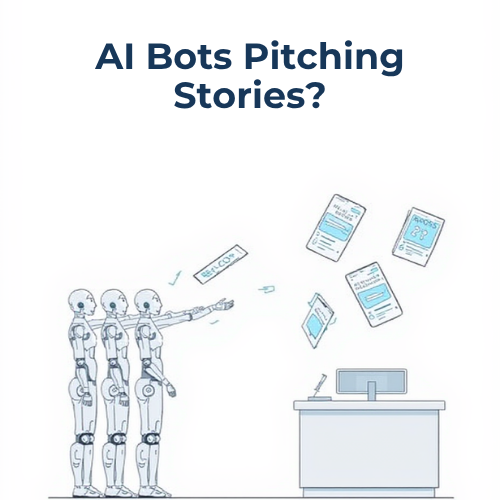
Patrice writes, I am a longtime publisher and editor within the religious press. I write to alert you of several incidents involving a writer who has submitted manuscripts to various religious publications, within all three of the major religious press associations, using false identities and AI-generated content. The articles were well-written and specifically tailored toward a particular publication. Each submission was accompanied by an author biography crafted to appear credible and appropriate for the targeted audience.
Through some precautionary measures, including asking for writing samples and noticing discrepancies with the names associated with W9s and PayPal accounts, some of us avoided paying the fraudulent author, but others were not as fortunate. I write to encourage you to put your members on notice of the increasing sophistication of these writing scams and to encourage editors to do their due diligence before publishing new submissions, particularly those from unfamiliar authors.
To protect the integrity of our publications, it might be helpful to remind members of these best practices:
1. Request writing samples from any new contributors and review their style and biographical details.
2. Request a photo of the author and cross-reference it with previously published images of authors, particularly those bearing the same name.
3. Fact-check the author bio. Do they work or attend church where they say they do? Does the organization/ church exist? Do they have a footprint on social media? The lack of one is a red flag.
4. Request a W9 or other tax documentation. Be cautious if the name and address on the form don't match the name and address the author has given for payment.
5. Evaluate the writing: Is the article short on specifics, particularly regarding quoted sources? Does it have odd phrasing, or factual errors or inconsistencies? Run through an AI detector if it seems too general or vague.
Our experiences are likely part of a broader scheme involving fraudulent submissions by authors with fabricated biographies. In fact, we suspect several other writers who were recently published in Christian and Jewish publications of having fake identities and AI-generated content. We continue to investigate and urge your members to do the same.
Recent Posts

